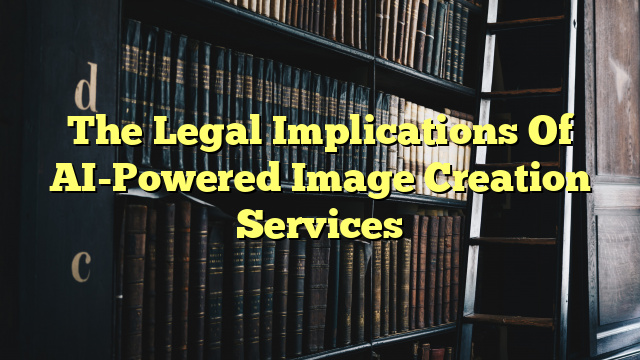The use of AI-powered image creation services has been increasing in recent years, as these services offer a convenient way to create custom images for a range of applications. But while these services may be convenient, there are important legal considerations that need to be taken into account when using them.
Table of Contents
- Can You Legally Use AI Generated Images?
- What Are the Legal Issues with AI Generated Images?
- What Are the Legal Implications of AI?
- What Are the Legal Issues with AI Generated Content?
Can You Legally Use AI Generated Images?
The answer to this question depends on the particular AI-powered image creation service being used. Generally speaking, most services will require users to obtain the necessary licenses and permissions in order to use the images legally. For example, if a user wants to use an AI-generated image for a commercial purpose, they will need to make sure they have the appropriate rights to use the image for such a purpose. Similarly, if an image is being used as part of a creative work, the user will need to make sure they have obtained appropriate permissions from the copyright holders of the images they are using.
In some cases, the AI-powered image creation services may also require users to agree to certain terms of use before they can use the service. These terms of use may include restrictions on how the images can be used, as well as indemnification clauses that protect the service provider from any legal liability. It is important to read and understand these terms of use before using the service.
What Are the Legal Issues with AI Generated Images?
One of the main legal issues with AI-generated images relates to copyright infringement. In some cases, AI-generated images may inadvertently infringe on existing copyright laws. For example, if an AI-generated image contains elements of existing copyrighted works, such as artwork or photographs, the user may be liable for infringement if they do not have the appropriate licenses or permissions.
Another potential legal issue is misappropriation of trade secrets. If an AI-generated image contains information that is classified as a trade secret, and the user discloses that information without authorization, they may be liable for misappropriation.
Finally, there is the potential for liability for defamation or invasion of privacy. AI-generated images have the potential to depict people, and if the images are used in a manner that is deemed to be defamatory or invasive of privacy, the user may be liable for any resulting damages.
What Are the Legal Implications of AI?
The legal implications of AI are still being explored, as AI is a relatively new technology. Generally speaking, though, AI is subject to the same legal rules and regulations that apply to other technologies. This means that, in most cases, the use of AI should be in compliance with laws related to copyright, privacy, and trade secrets.
In addition, the use of AI may be subject to additional laws and regulations. For example, if an AI-powered image creation service is used to create images that are then used in advertising, the service may need to comply with laws related to false or deceptive advertising.
What Are the Legal Issues with AI Generated Content?
The legal issues related to AI generated content are similar to those related to AI generated images. Specifically, AI generated content may need to comply with copyright law, privacy law, and trade secret law. Additionally, if the AI generated content is used in advertising, it may need to comply with laws related to false or deceptive advertising.
In some cases, AI generated content may also raise ethical and/or moral considerations. For example, if AI generated content is used to target certain individuals or groups, it may raise ethical issues related to unfair discrimination or manipulation.
Finally, as with AI generated images, AI generated content may be subject to additional

